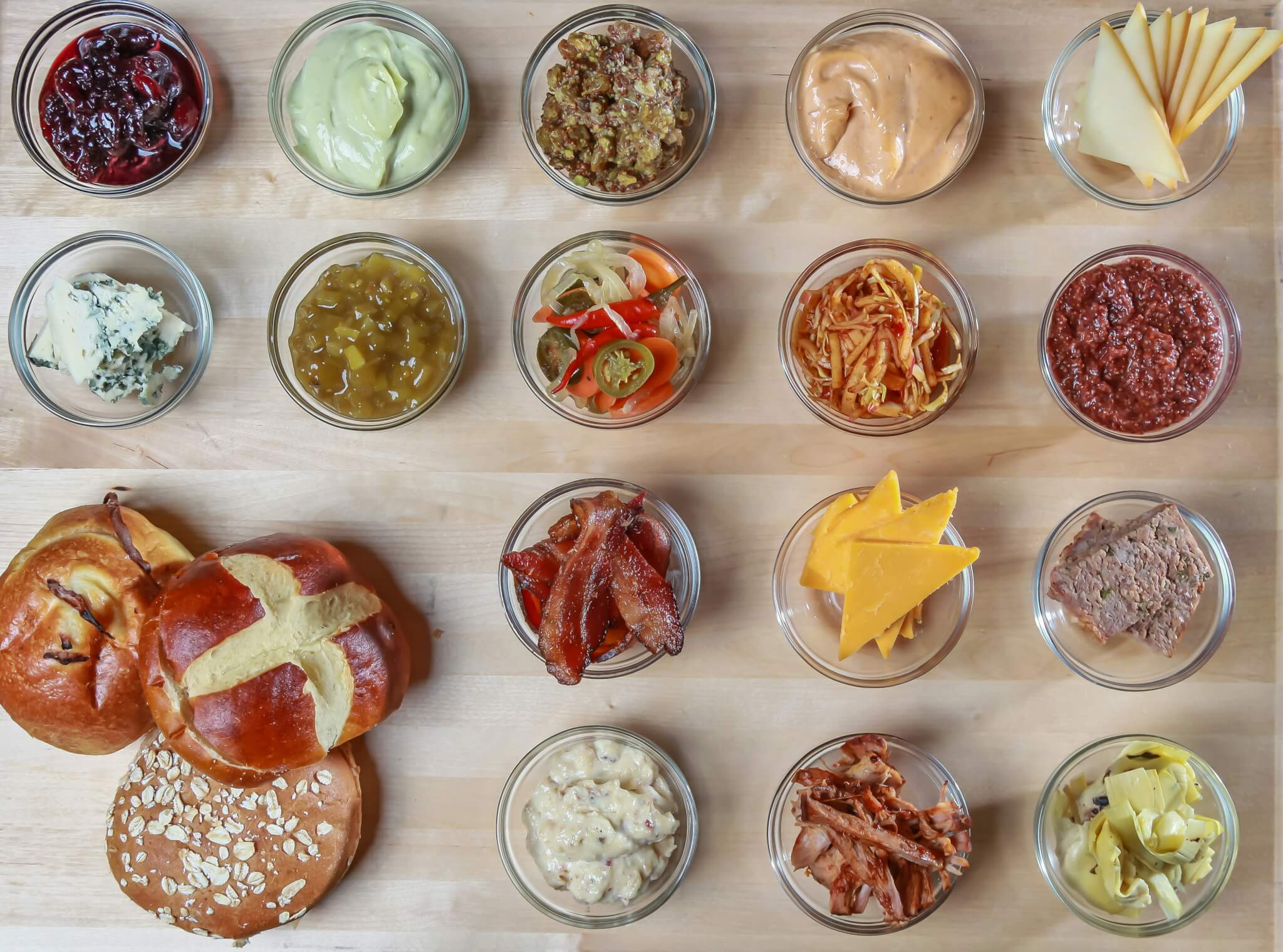Blood pressure control at barbershops?

Abstract: Researchers have built a model to examine the potential impact of implementing blood pressure monitoring programs at barbershops nationwide and found that such programs could reach one in three African-American men with uncontrolled blood pressure nationwide.
High blood pressure kills more Americans than any other health condition. It is particularly prevalent among African Americans and is exacerbated by structural barriers to access to high-quality health care. In a 2018 randomized study called the Los Angeles Barbershop Blood Pressure Study (LABBS), hairdressers were instructed to examine their male clients for blood pressure assessment and those with high blood pressure to refer them to a pharmacist. for counseling and treatment. Participants in this program had a 20-point decrease in systolic blood pressure (increased value) and were able to control this value after the completion of this program.
In a recent paper in the journal Circulation, researchers built a model to examine the potential impact of implementing similar blood pressure monitoring programs in barbershops nationwide. The team found that such programs could reach one in three African-American men with uncontrolled blood pressure nationwide. Such a program could prevent 40% of major cardiovascular events, such as heart attacks or strokes.
The research team also examined the economic constraints under which such programs should be implemented.
” Programs control blood pressure, led by pharmacists, based on the participation barbershops represent a new and effective form of management of hypertension in black men, representing a population disproportionately affected by complications of hypertension uncontrolled” of stated lead author Dhruv S. Kazi, MD, MS, associate director of the Richard A. and Susan F. Smith Center for Research in Cardiology Outcomes at Beth Israel Deaconess Medical Center (BIDMC) . “Our findings provide a plan to guide and implement a nationwide program that has the potential to save lives and improve health outcomes at a reasonable cost per participant .”
Kazi and his colleagues designed the clinical outcomes and direct healthcare costs of implementing blood pressure monitoring programs, based on routine care over 10 years. The team based these projections on likely clinical outcomes for a hypothetical cohort of black men between the ages of 35 and 79 who live in metropolitan areas of the United States with a systolic blood pressure of 140 or more. Assuming that the programs could reduce the average systolic blood pressure by 20 points, as was done in the LABBPS program, these community interventions would avoid 8,600 annual cardiovascular events compared to regular care, including 1,800 myocardial infarctions or heart attacks and 5,500 of strokes.
Despite a range of pre-existing programs and incentives, blood pressure control in the United States has worsened in recent years. ” There is no reason to accept the status quo – there are a lot of effective and affordable drugs for blood pressure control if we can address the structural barriers to their transmission to people ,” said Kazi, who is also a professor. associate at Harvard. “The blood pressure control program based on the involvement of hairdressers, initiated by the late Ronald G Victor, MD, is a challenge to the scientific doctrine that high quality blood pressure control can only happen in medical offices. By changing the place of care in a trusted community setting and allowing trained pharmacists to prescribe antihypertensives and increase medication doses, Dr. Victor’s program has achieved truly impressive drops in blood pressure in a disadvantaged population. ”
Kazi concluded that in order to improve the health and life of diverse communities, experts need to learn how to translate the results of successful clinical trials into large-scale, cost-effective programs using tools from health economics and implementation science. .
To control blood pressure we need to be careful what and how we eat. Doctors around the world recommend in this situation the Mediterranean diet, considered for many years in a row the healthiest diet in the world. If you want to adopt a Mediterranean lifestyle, we recommend the Dahna app, created by cardiologists, with hundreds of menus and prescriptions, which you can download for free from the AppStore or Google Play!
Source here.












